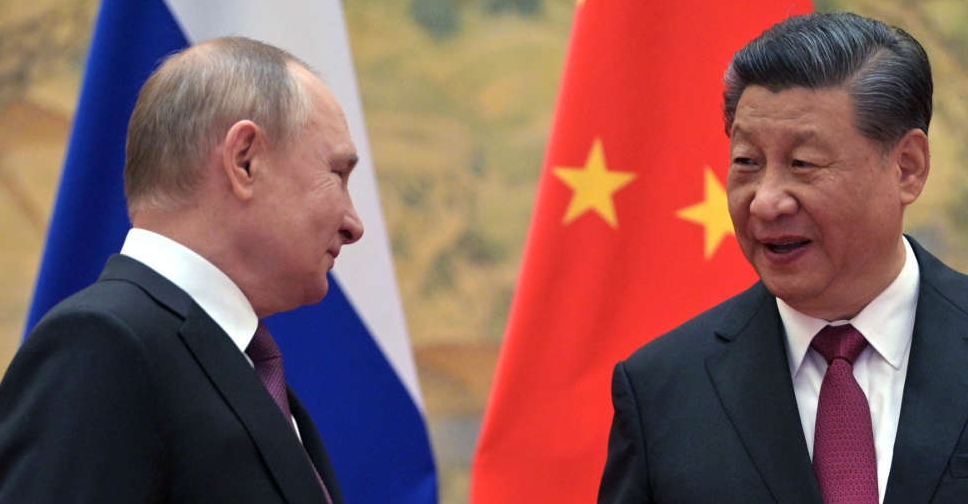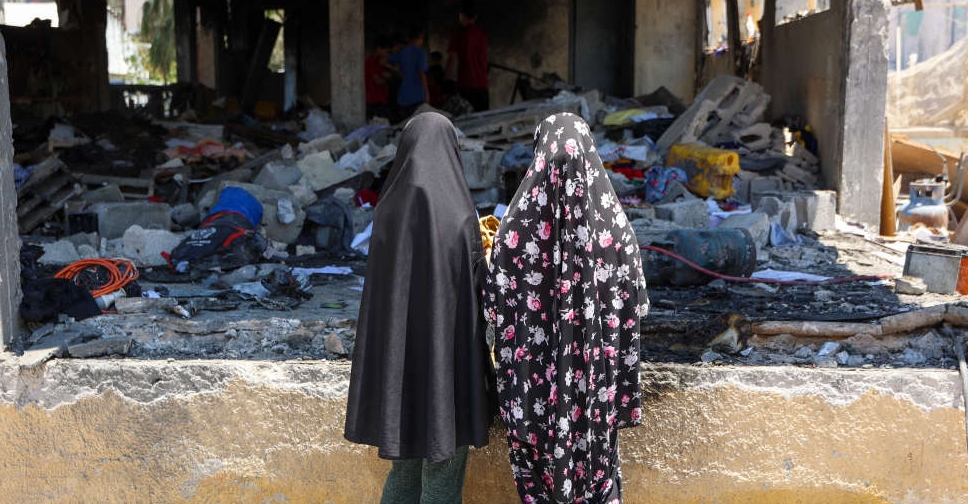
Xi Jinping will leave China for the first time in more than two years for a trip this week to Central Asia where he will meet Russia's Vladimir Putin.
It comes just a month before he is set to cement his place as the most powerful Chinese leader since Mao Zedong.
The trip is Xi's first abroad since the start of the COVID-19 pandemic.
Against a backdrop of Russia's confrontation with the West over Ukraine, the crisis over Taiwan and a stuttering global economy, Xi is due on a state visit to Kazakhstan on Wednesday.
China's president will then meet Putin at the Shanghai Cooperation Organization's summit in the ancient Silk Road city of Samarkand in Uzbekistan, Kazakhstan and the Kremlin said.
Putin's foreign policy aide, Yuri Ushakov, told reporters last week that the Russian president was expected to meet Xi at the summit. The Kremlin declined to give details on their talks. China has yet to confirm Xi’s travel plans.
The meeting will give Xi an opportunity to underscore his clout while Putin can demonstrate Russia's tilt towards Asia; both leaders can show their opposition to the United States just as the West seeks to punish Russia for the Ukraine war.
The deepening "no limits" partnership between the rising superpower of China and the natural resources titan of Russia is one of the most intriguing geopolitical developments of recent years - and one the West is watching with anxiety.
Once the senior partner in the global Communist hierarchy, Russia after the 1991 collapse of the Soviet Union is now considered a junior partner of a resurgent Communist China which is forecast to overtake the United States as the world's biggest economy in the next decade.
Though historical contradictions abound in the partnership, there is no sign that Xi is ready to drop his support for Putin in Russia's most serious confrontation with the West since the height of the Cold War.
Instead, the two 69-year-old leaders are deepening ties. Trade soared by nearly a third between Russia and China in the first 7 months of 2022.
The visit "shows that China is willing to not only continue 'business as usual' with Russia but even show explicit support and accelerate the formation of a stronger China-Russia alignment," said Alexander Korolev, senior lecturer in politics and international relations at UNSW Sydney.
"Beijing is reluctant to distance itself from Moscow even when facing serious reputational costs and the risks of becoming a target of secondary economic sanctions."
Xi is widely expected to break with precedent at a Communist Party congress that starts on October 16 and secure a third five-year leadership term.




 At least 24 dead in Texas flash flooding
At least 24 dead in Texas flash flooding
 Aid foundation says two of its workers injured in Gaza
Aid foundation says two of its workers injured in Gaza
 Hamas says it responds to Gaza ceasefire proposal in 'positive spirit'
Hamas says it responds to Gaza ceasefire proposal in 'positive spirit'
 Russia pounds Kyiv with largest drone attack, hours after Trump-Putin call
Russia pounds Kyiv with largest drone attack, hours after Trump-Putin call
 Trump says he expects Hamas decision in 24 hours on 'final' peace proposal
Trump says he expects Hamas decision in 24 hours on 'final' peace proposal






